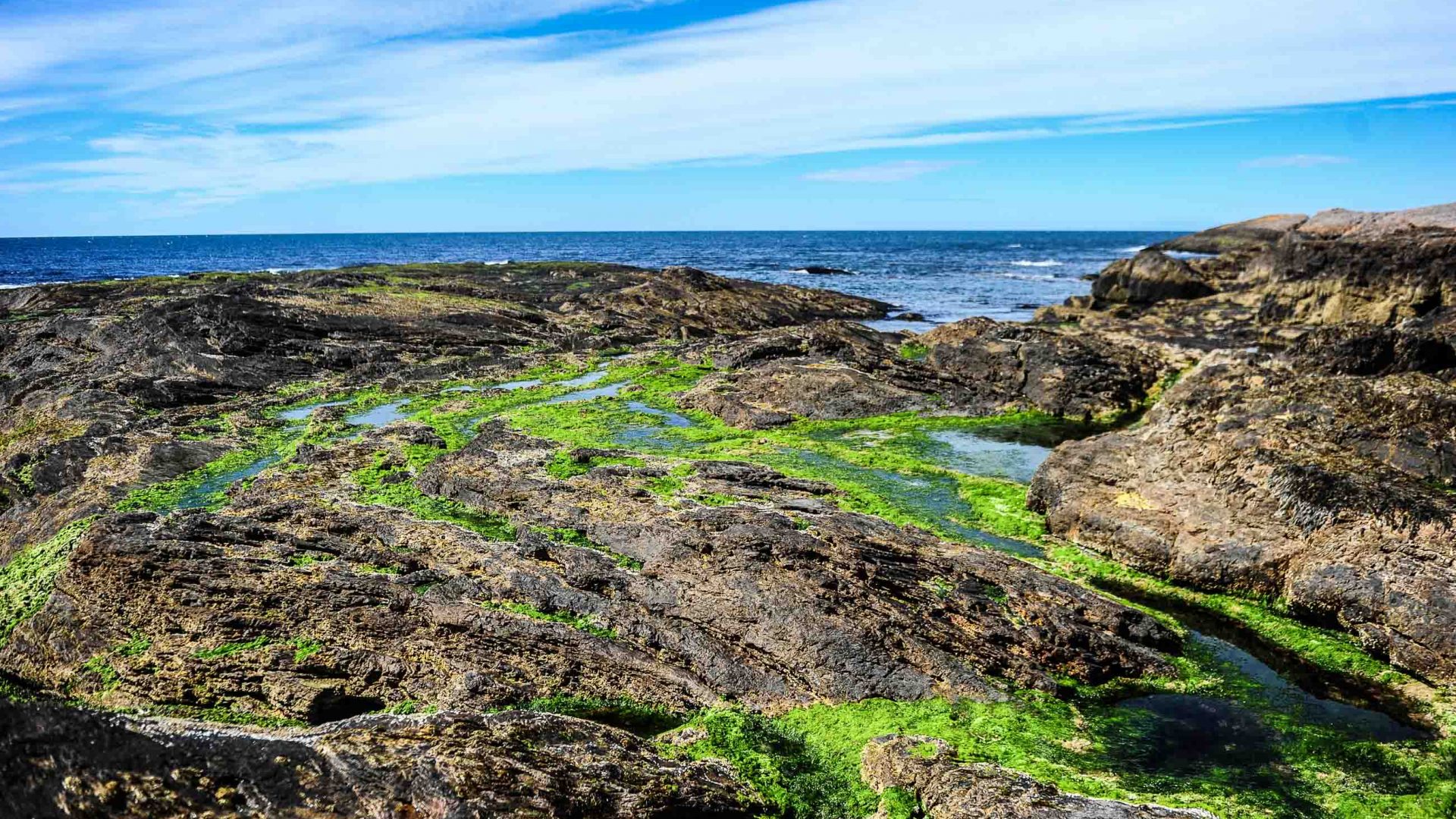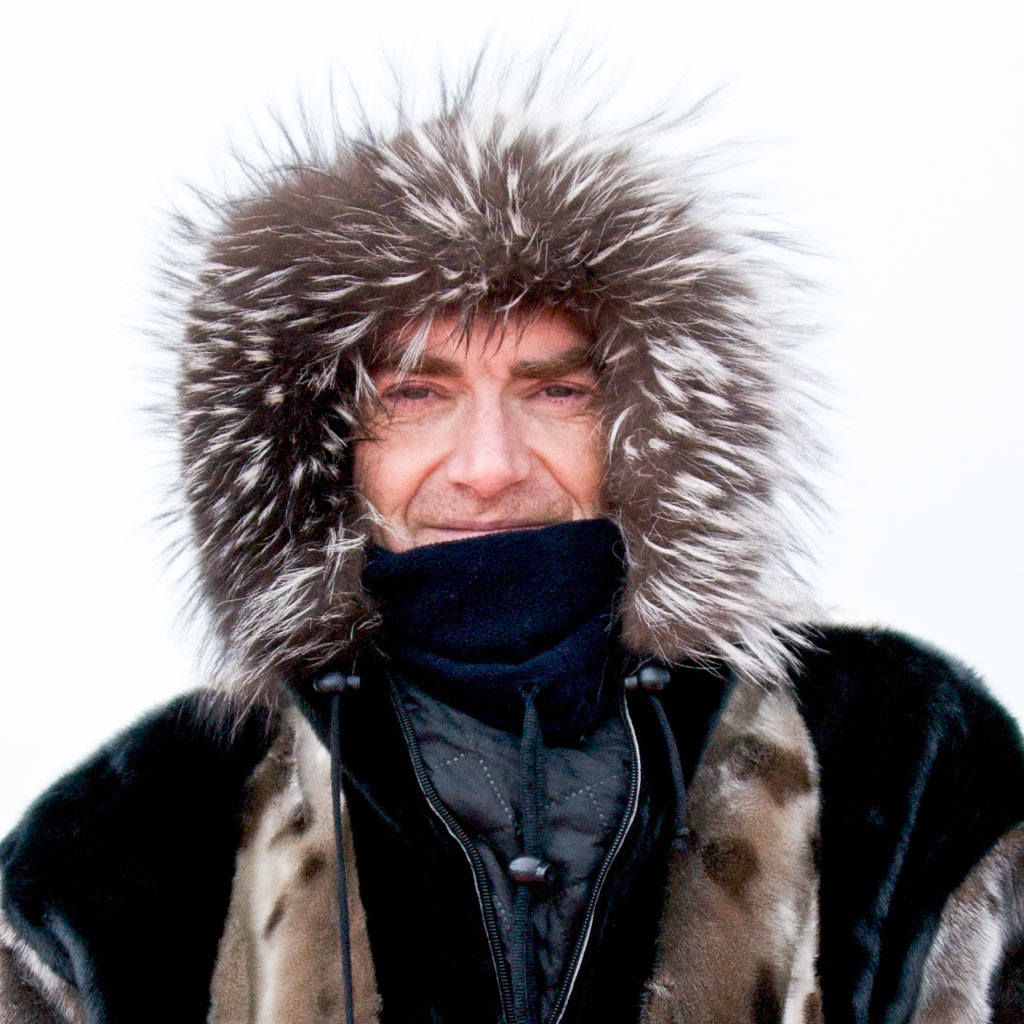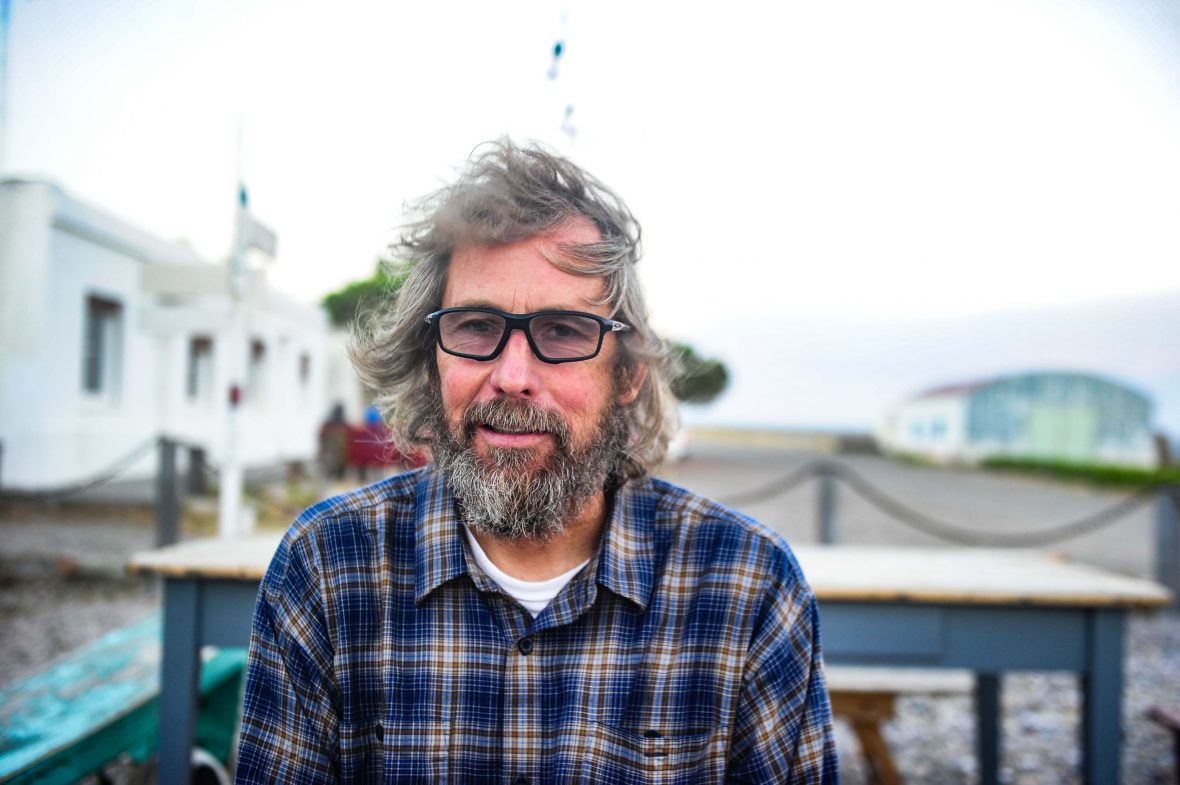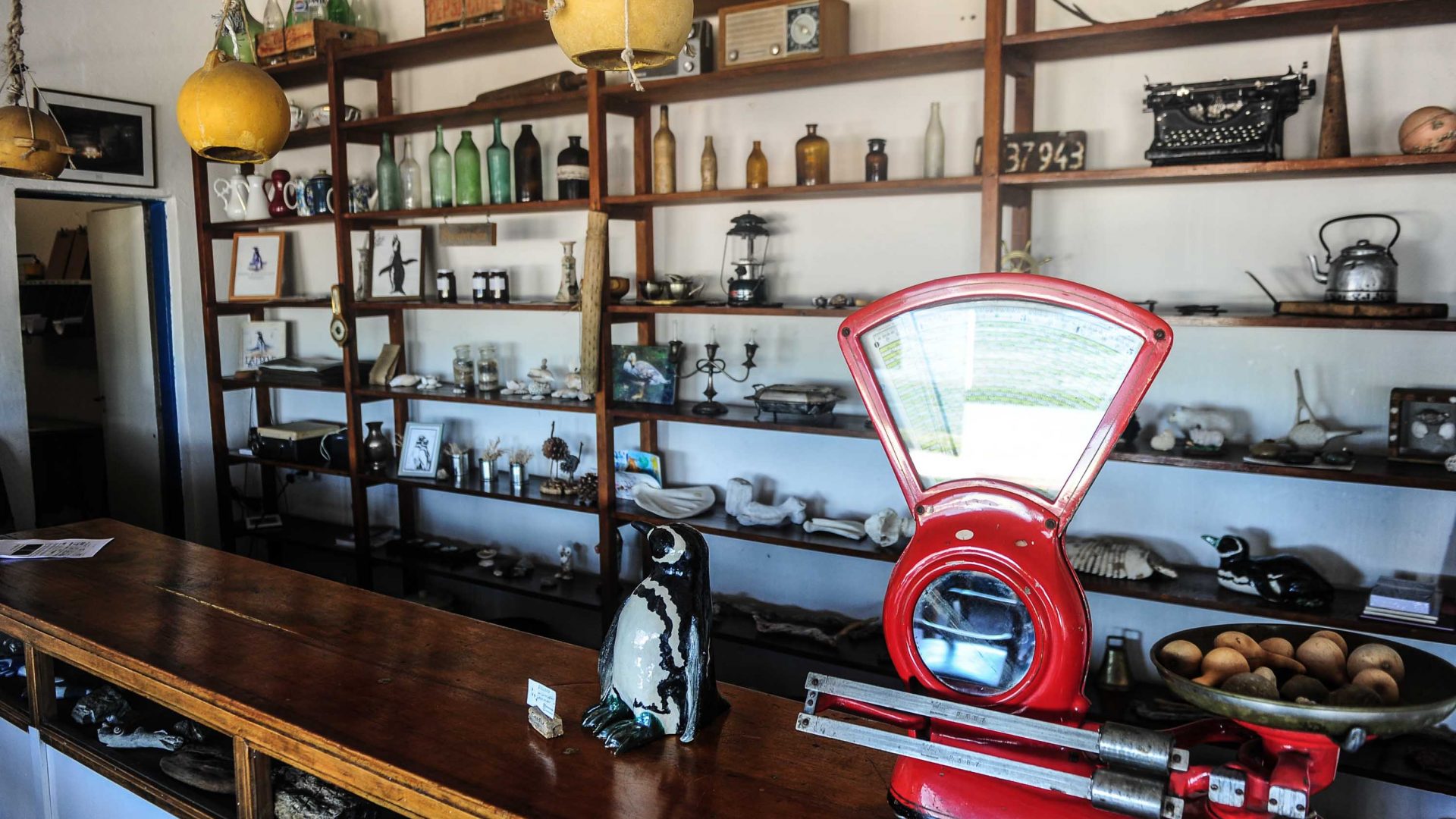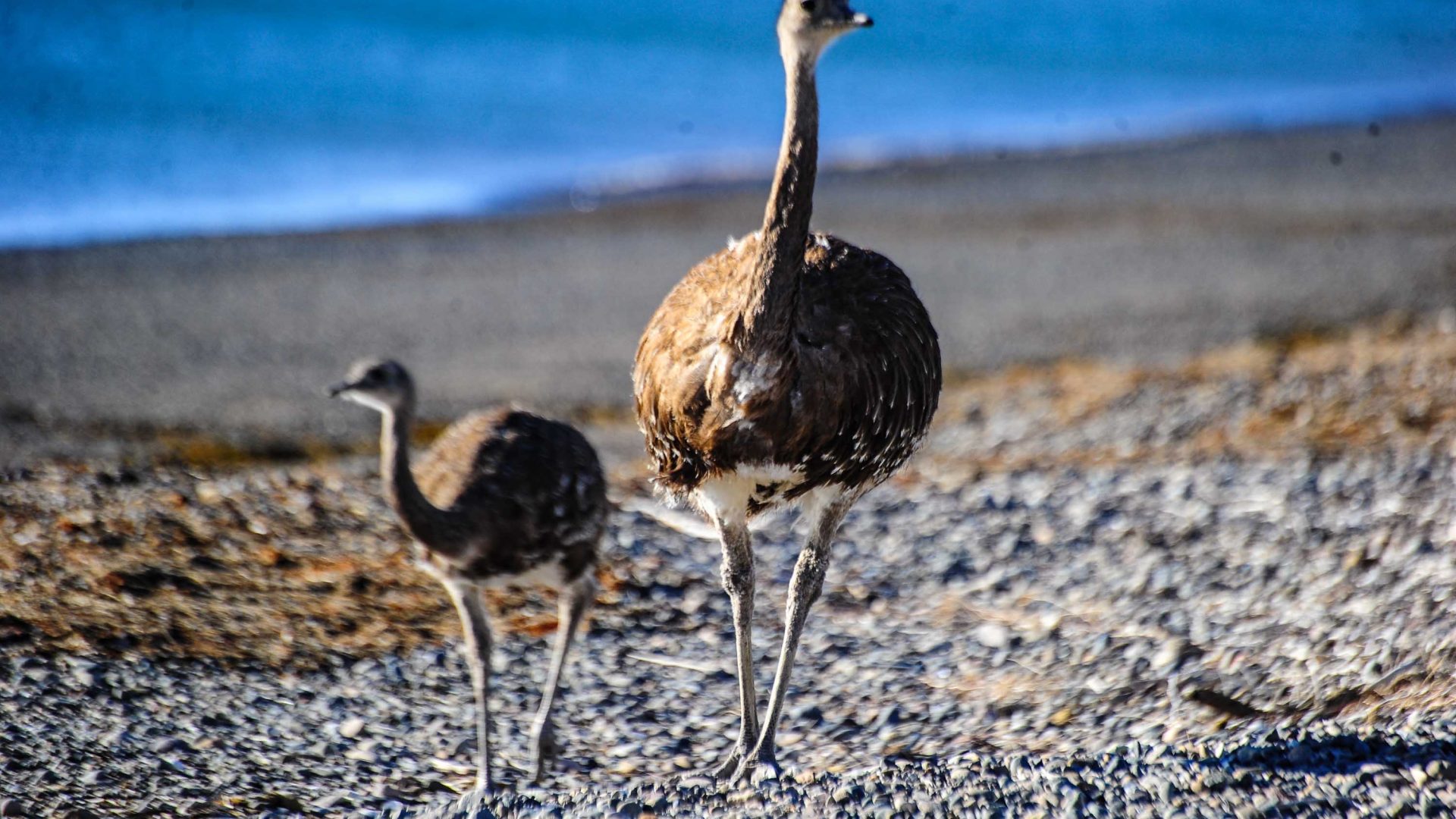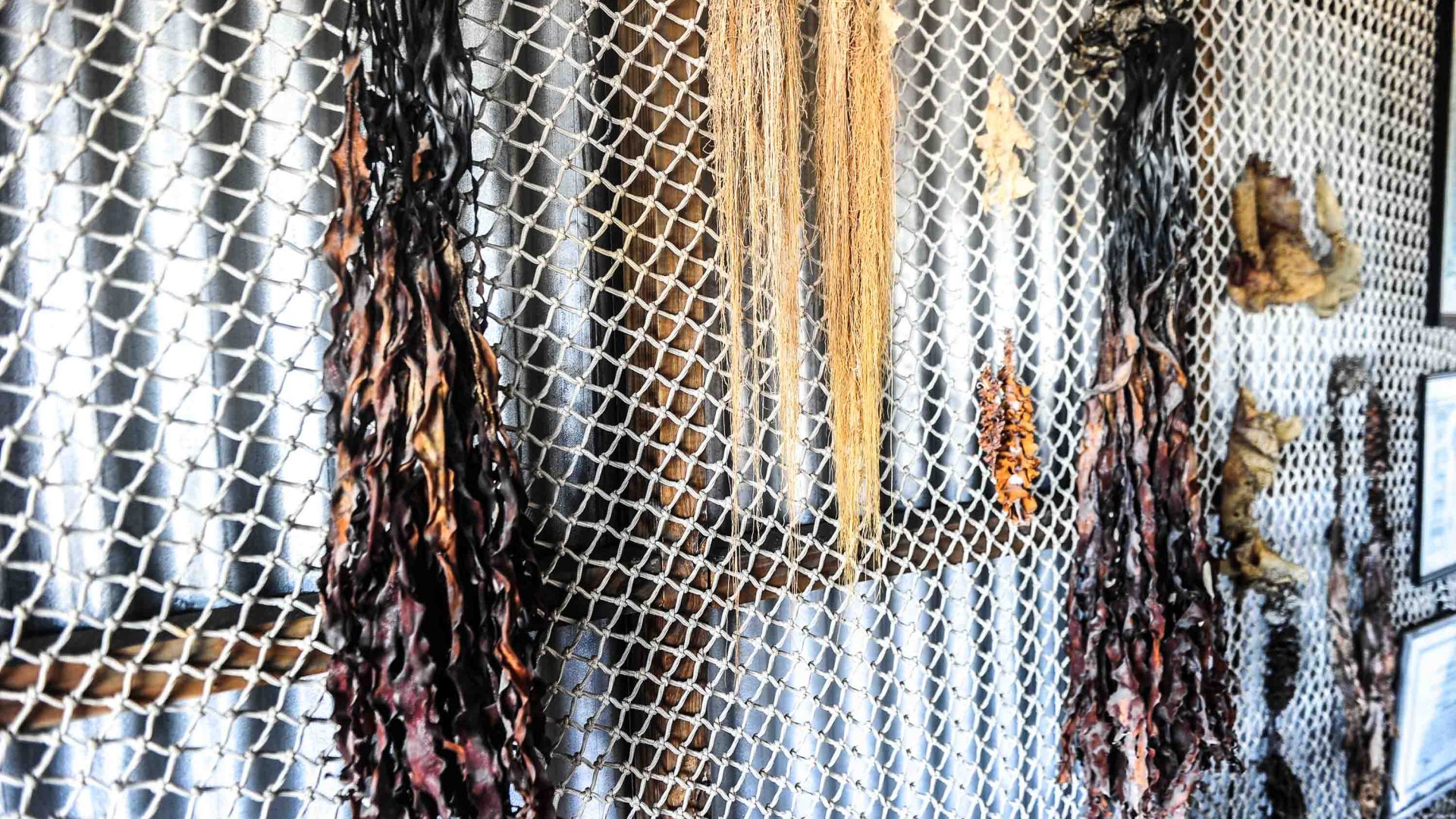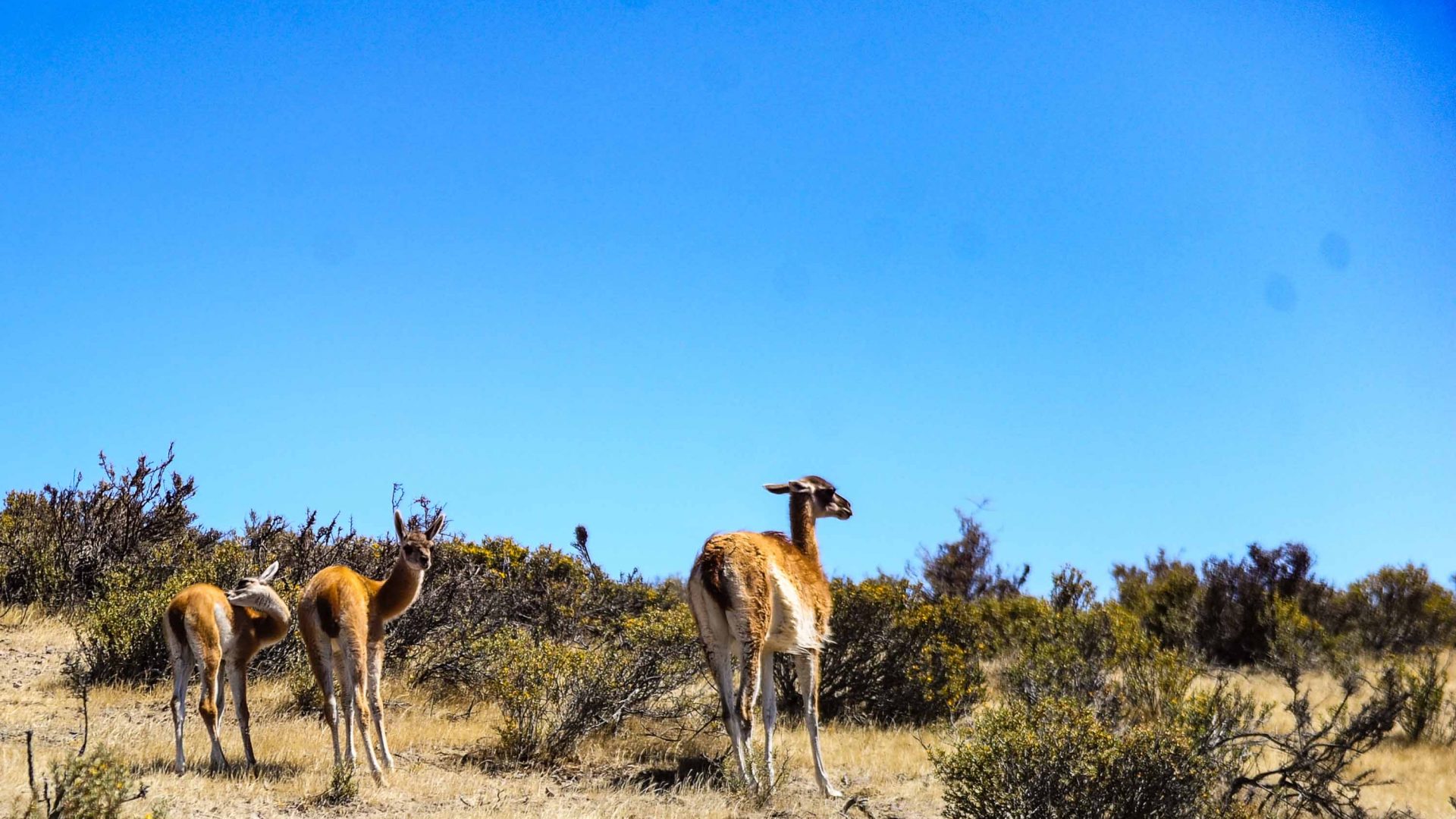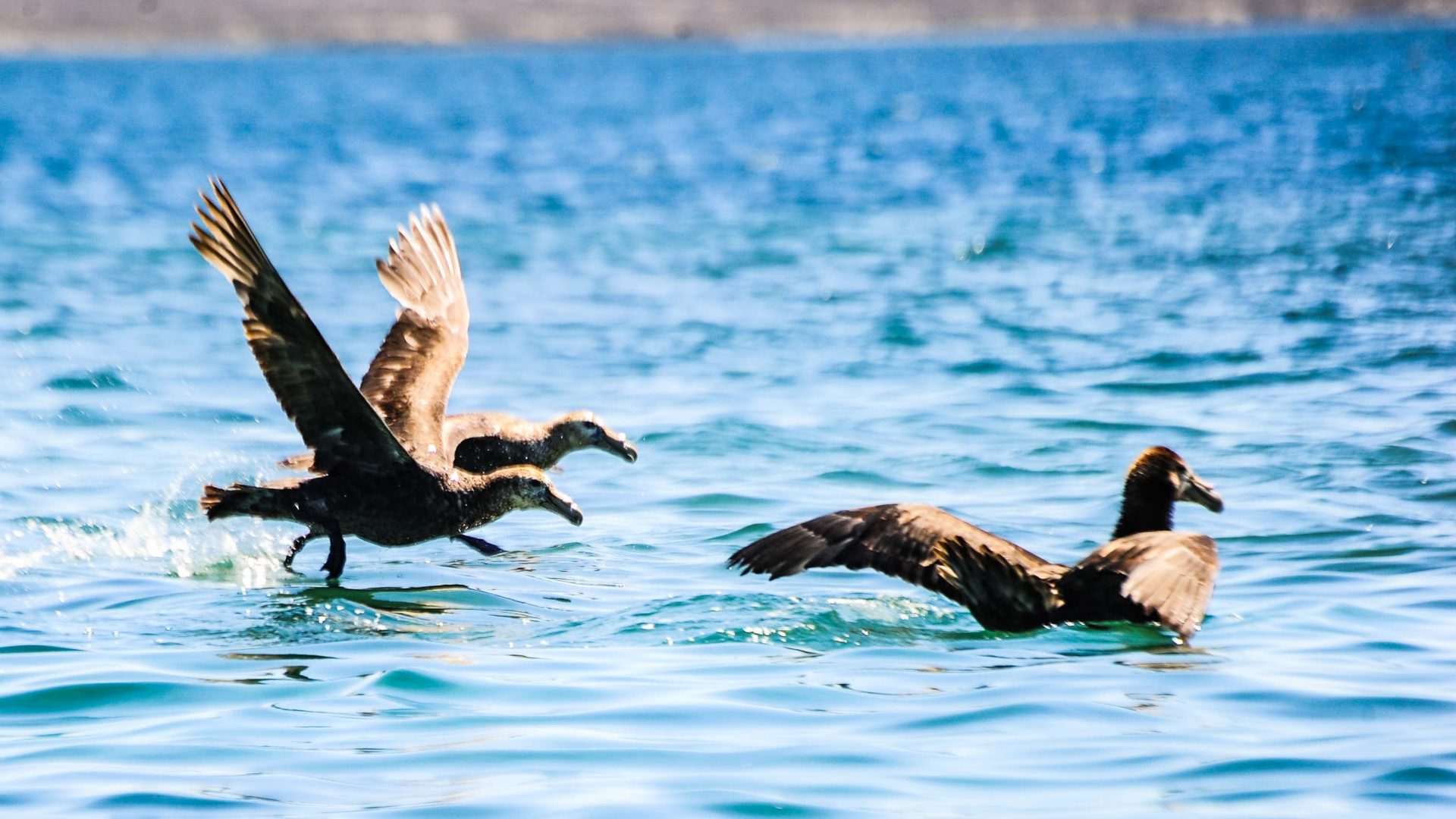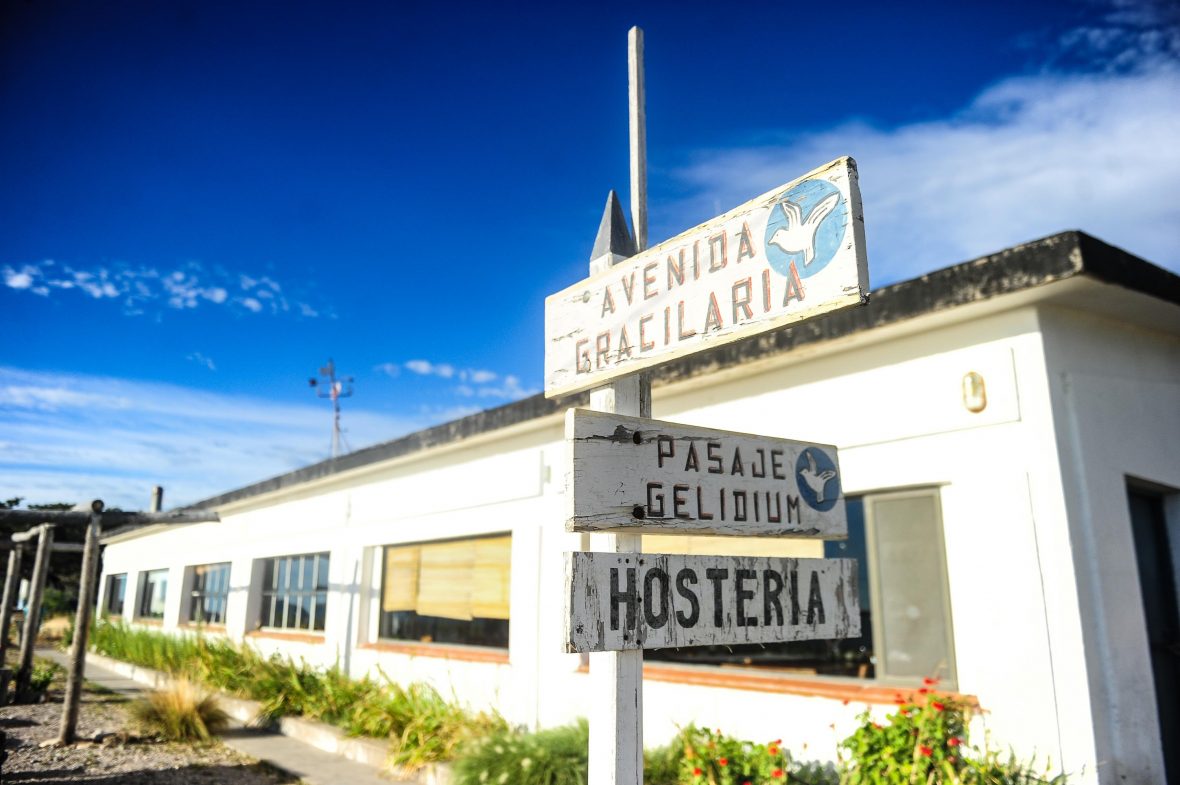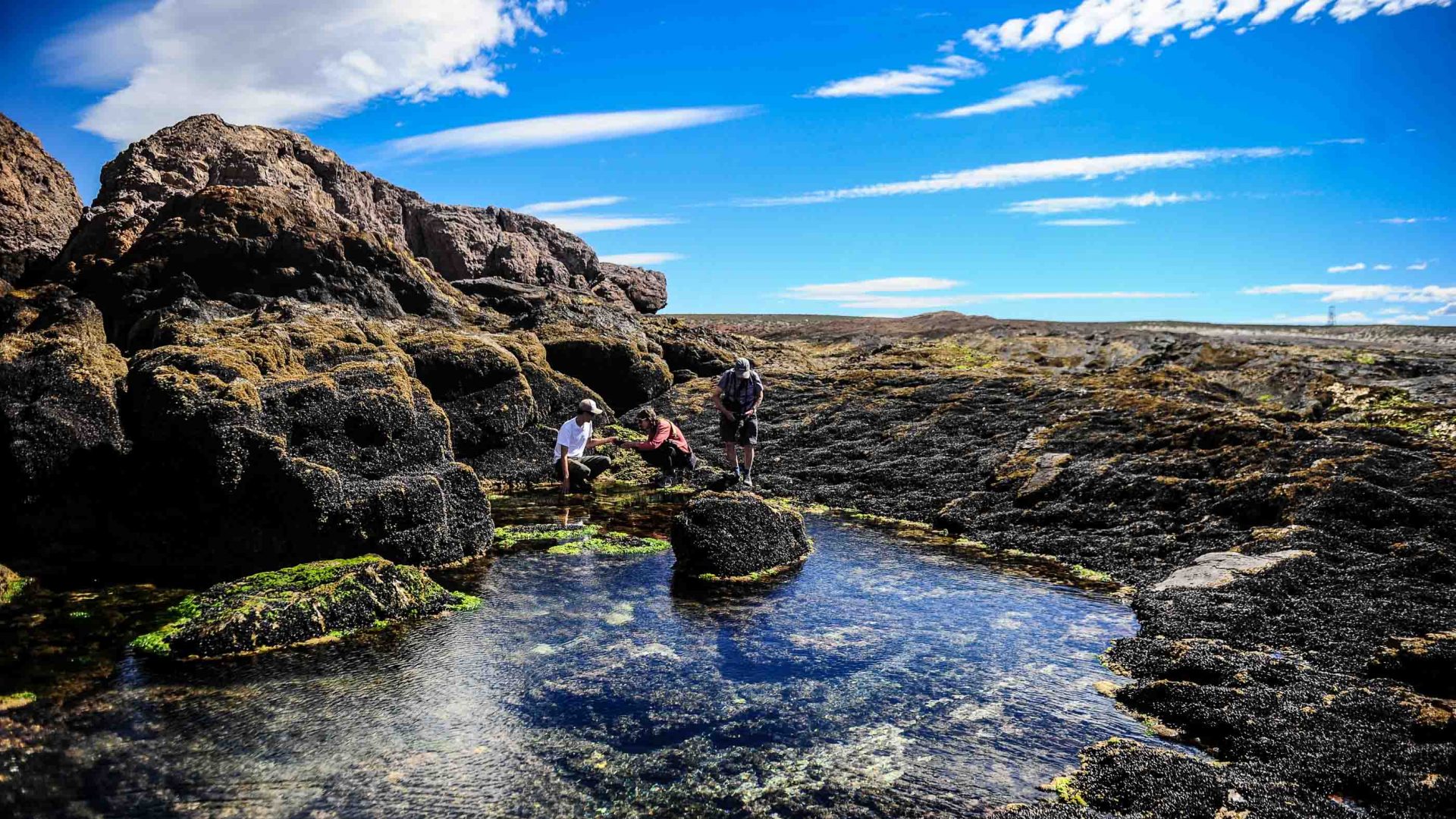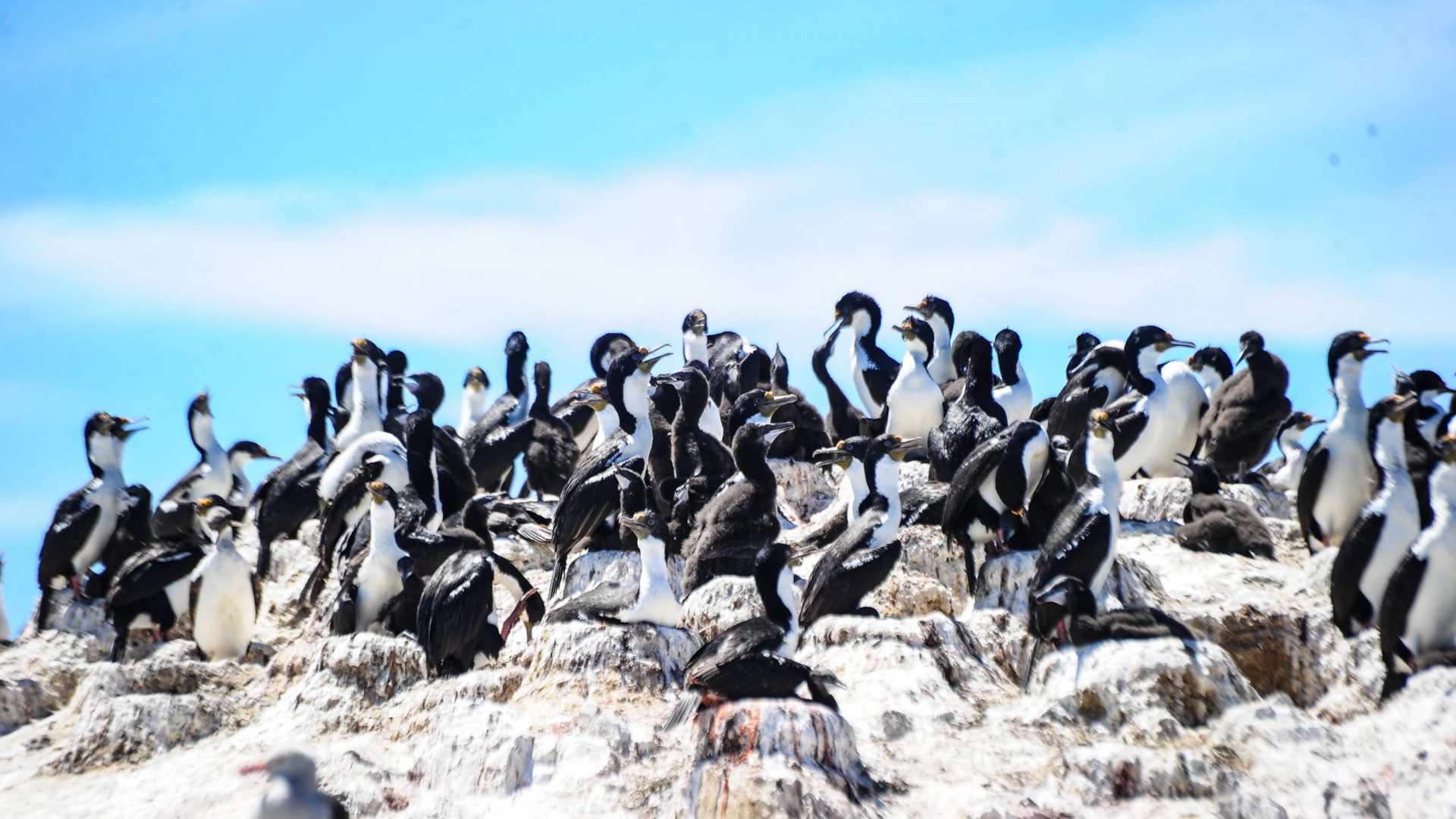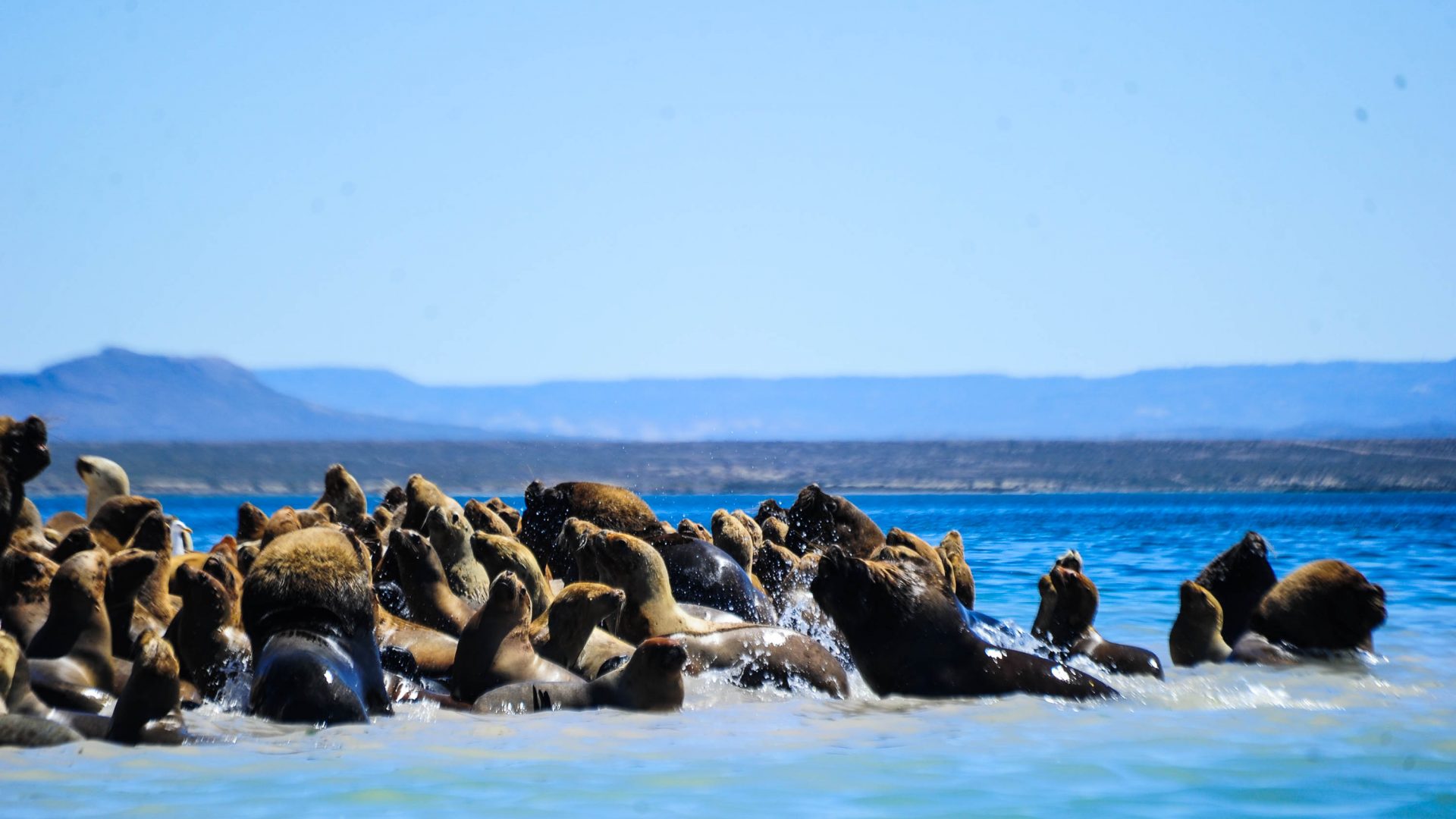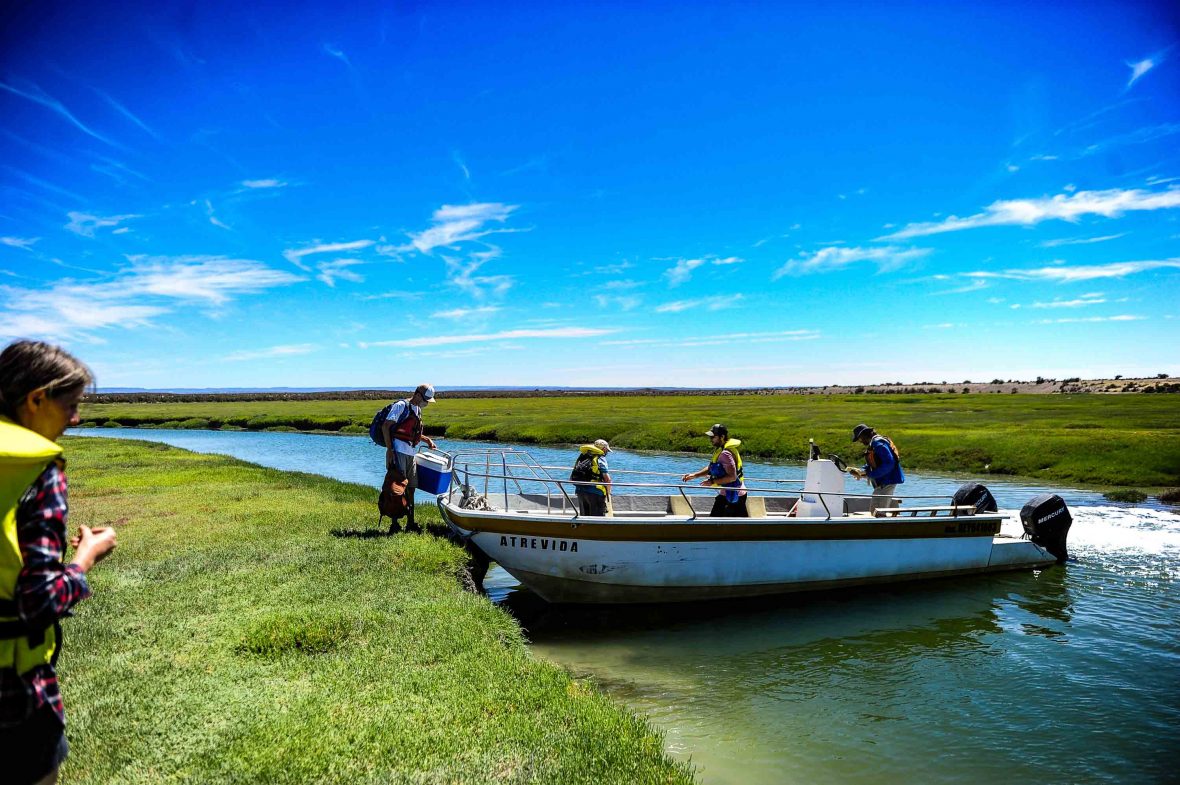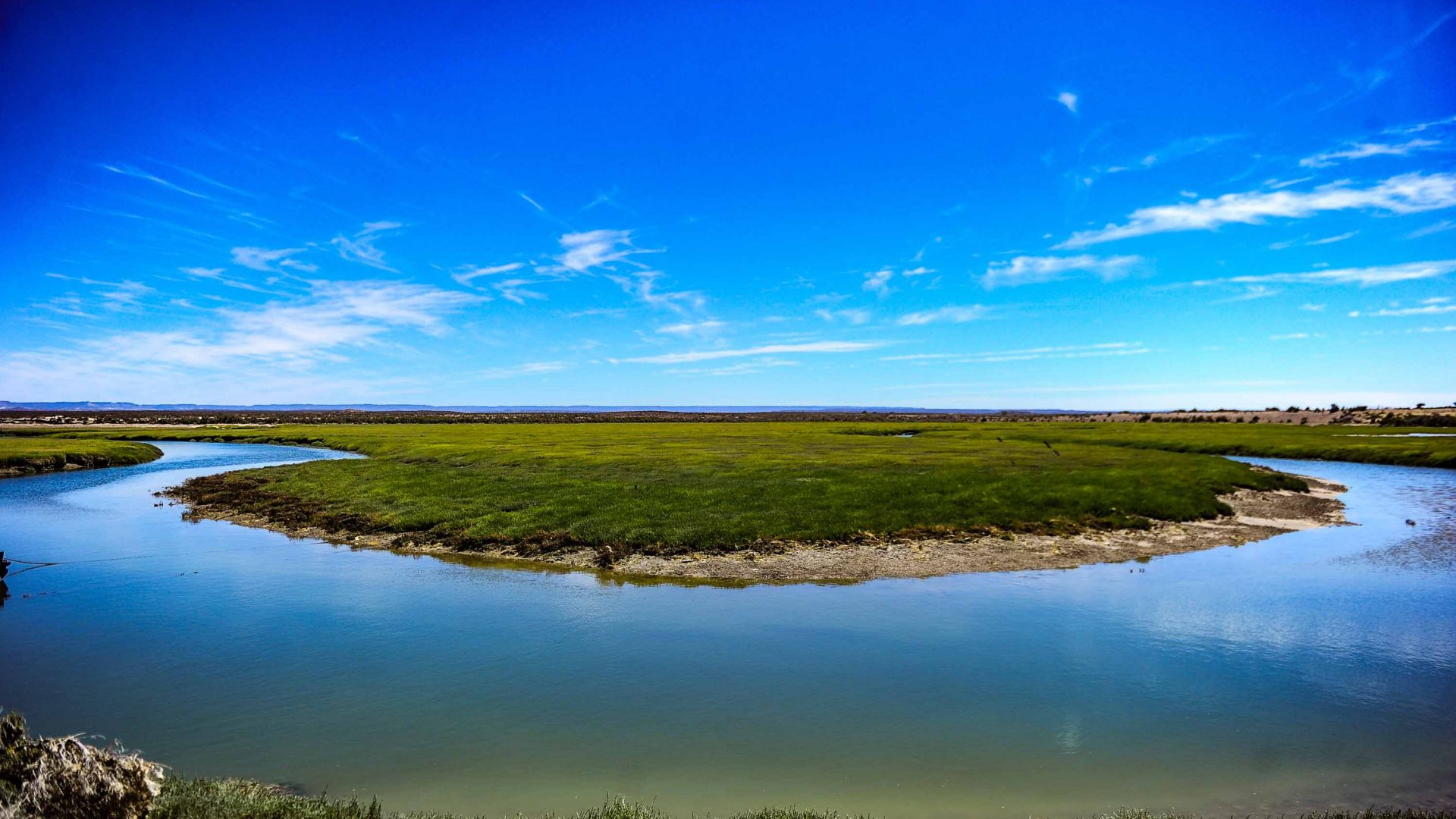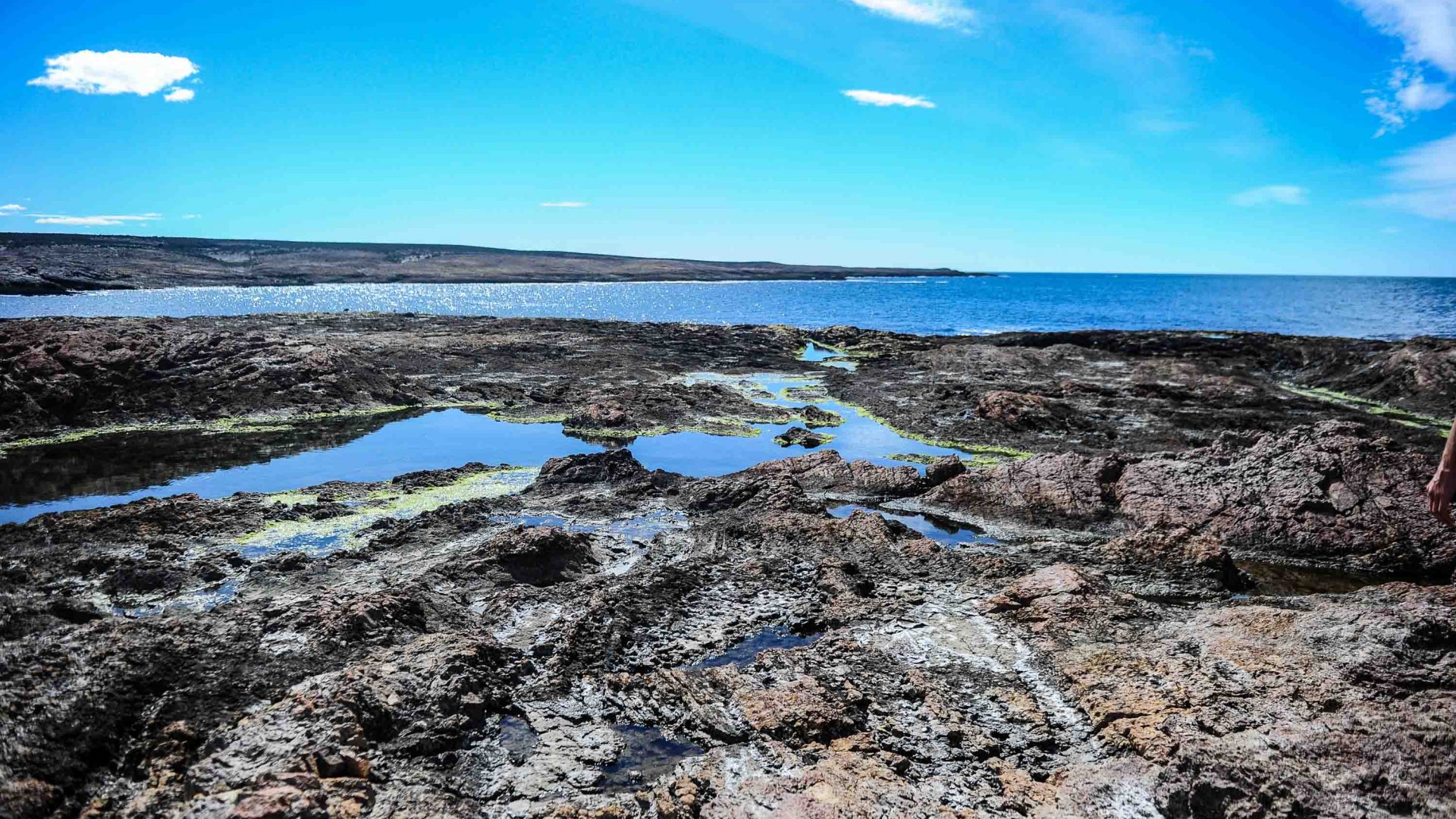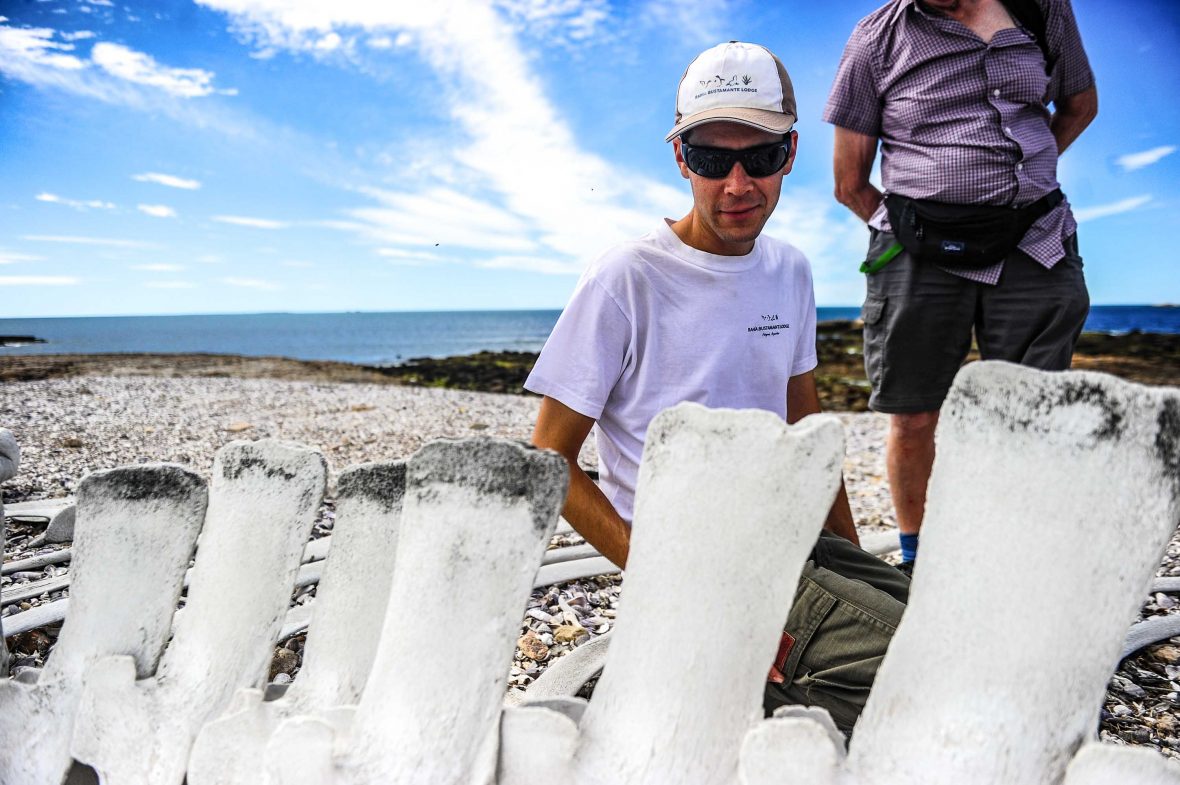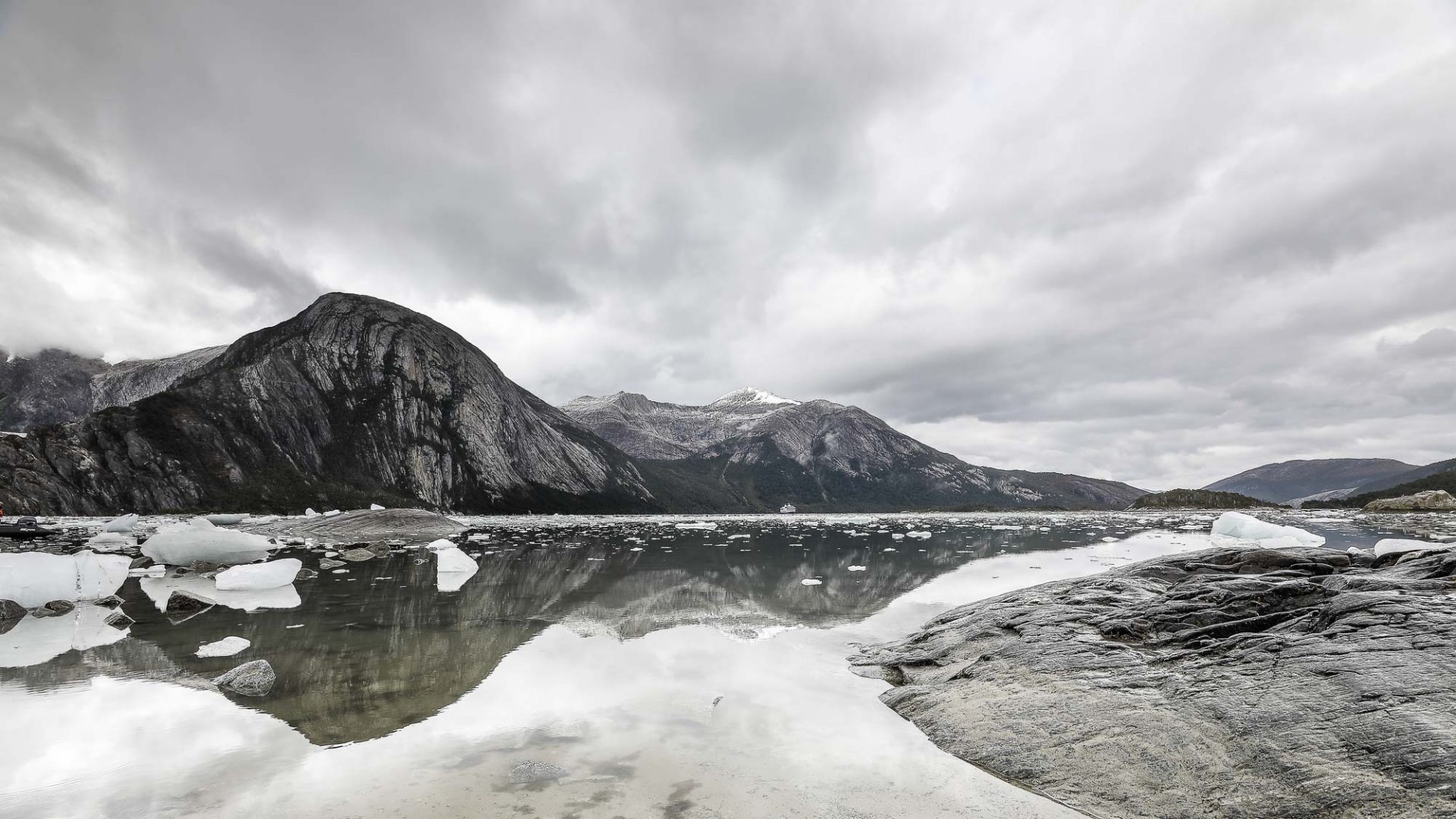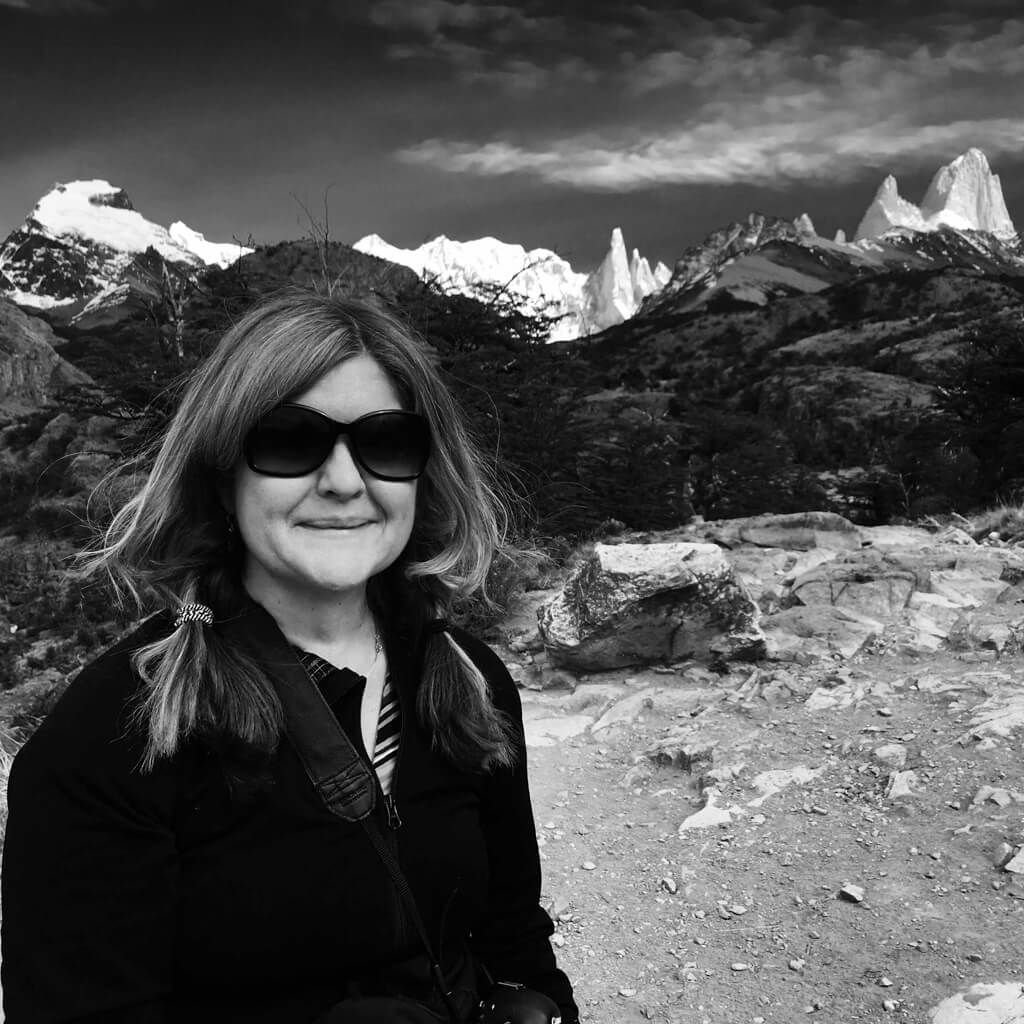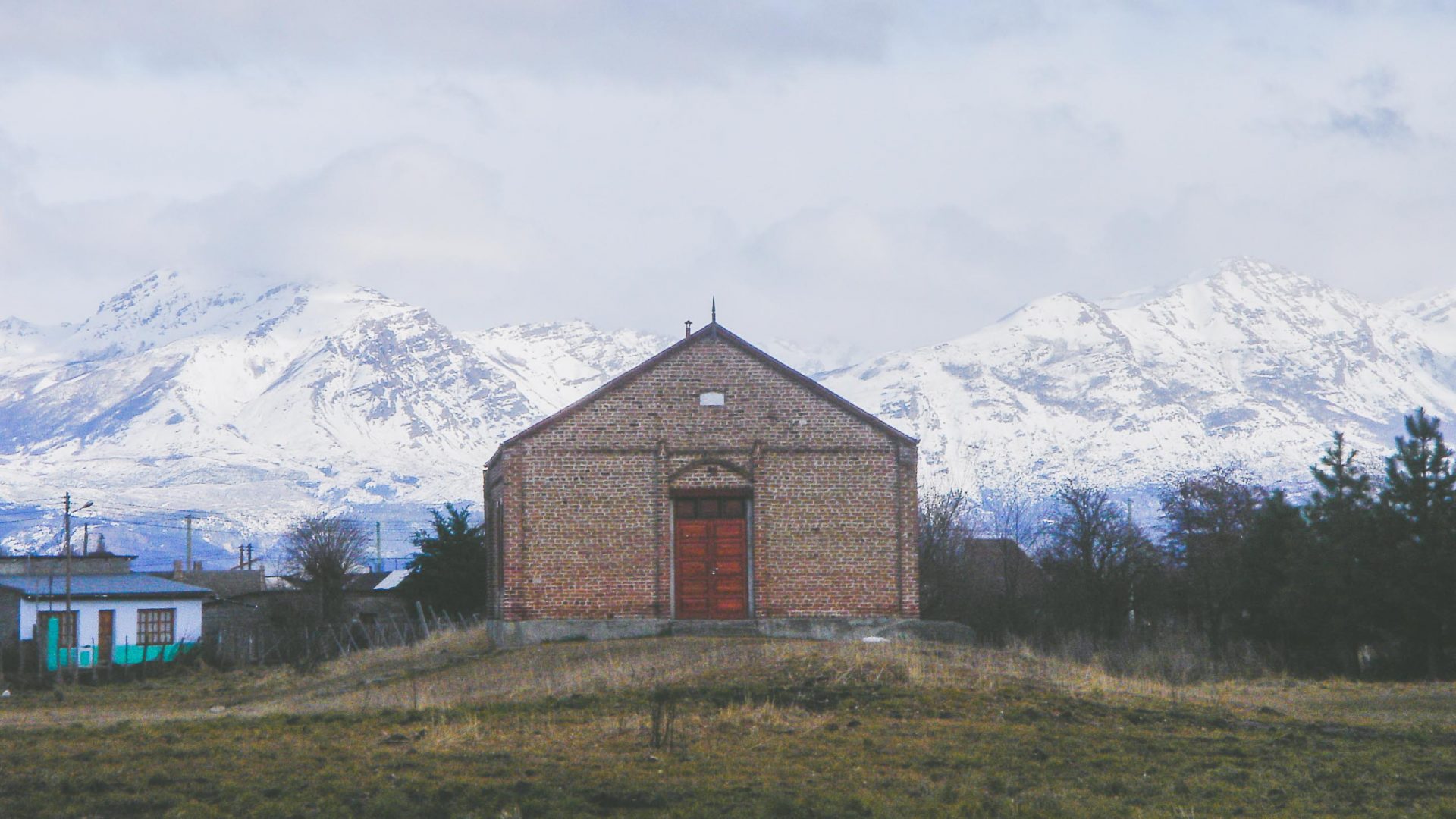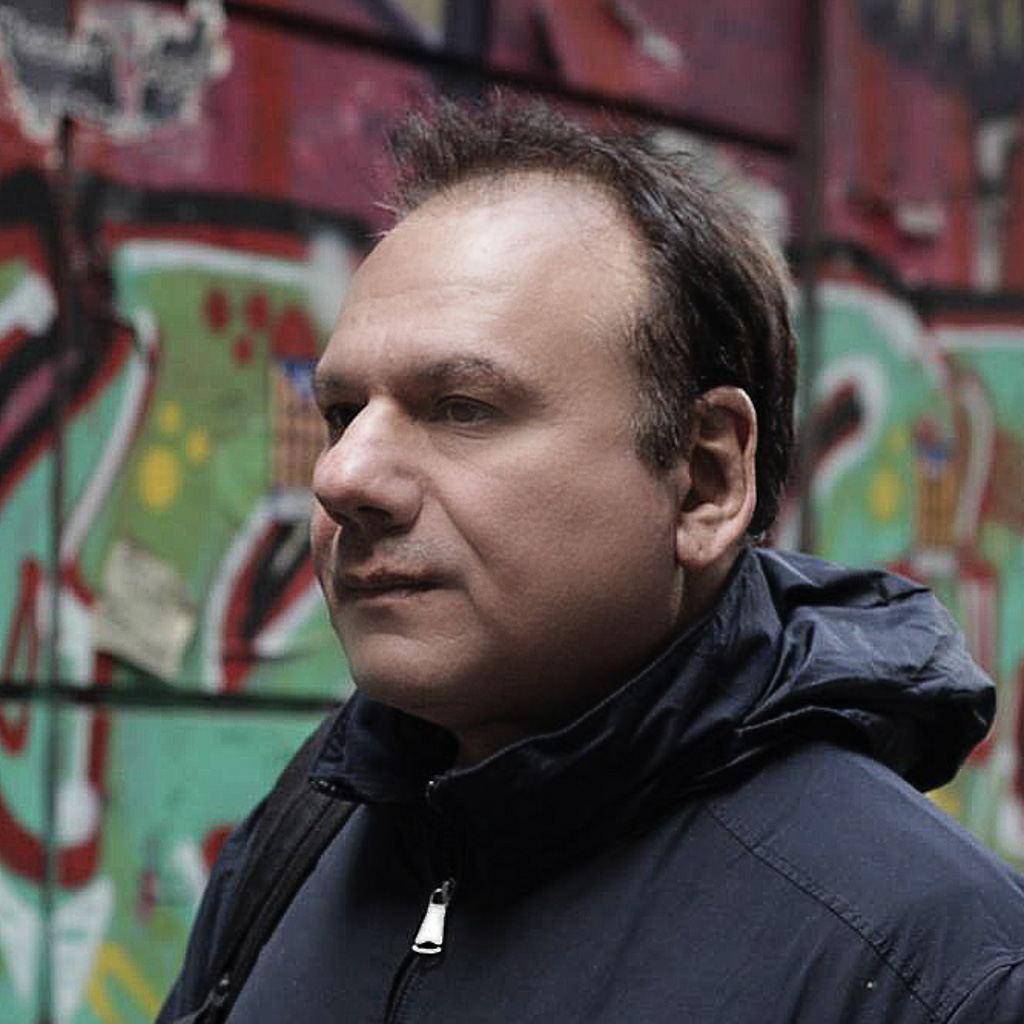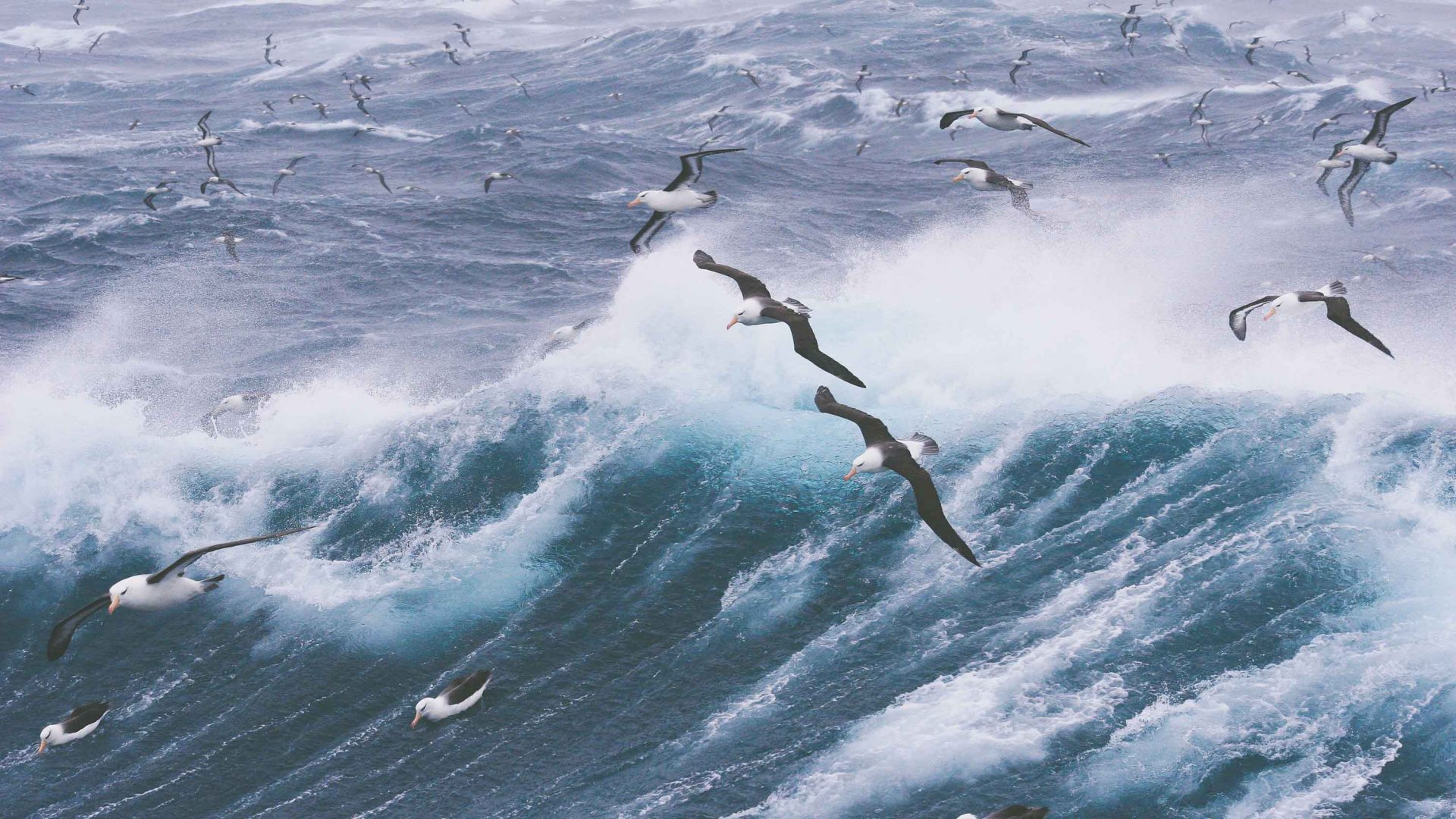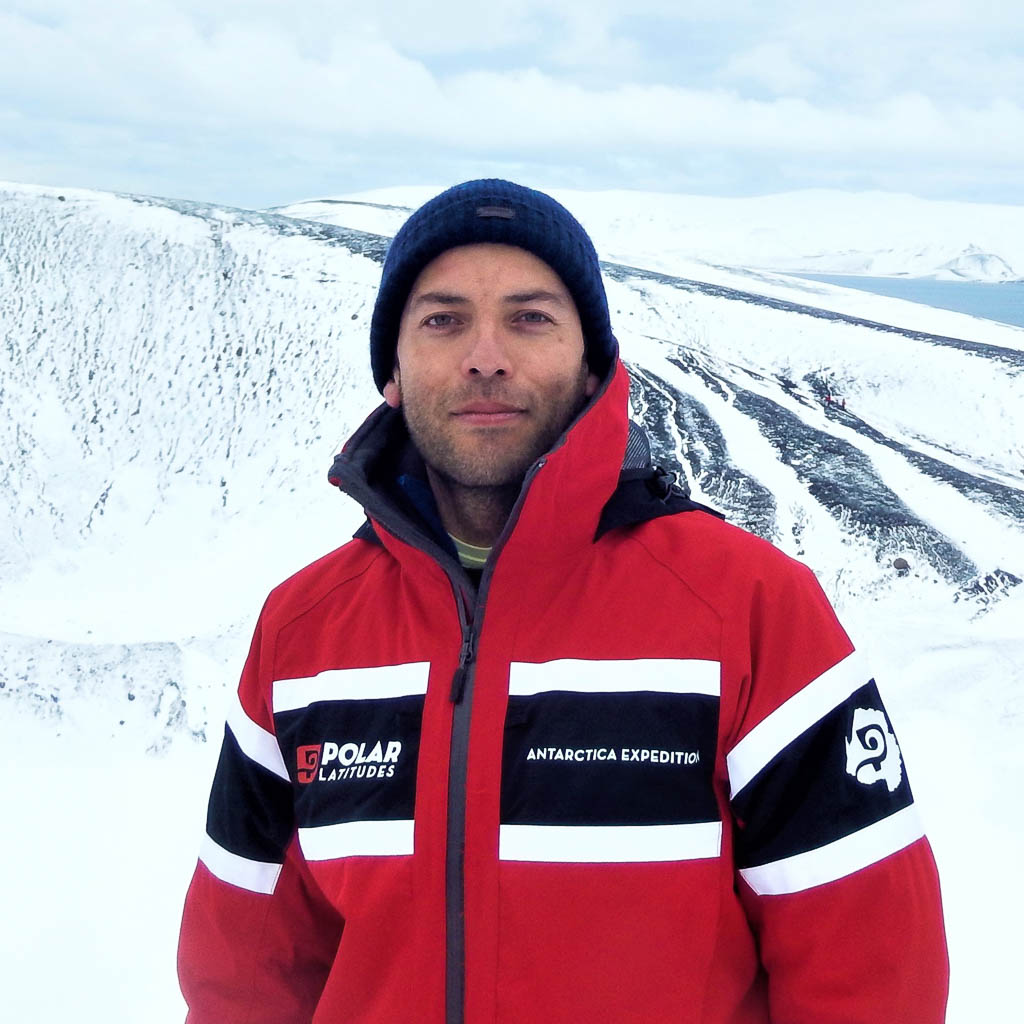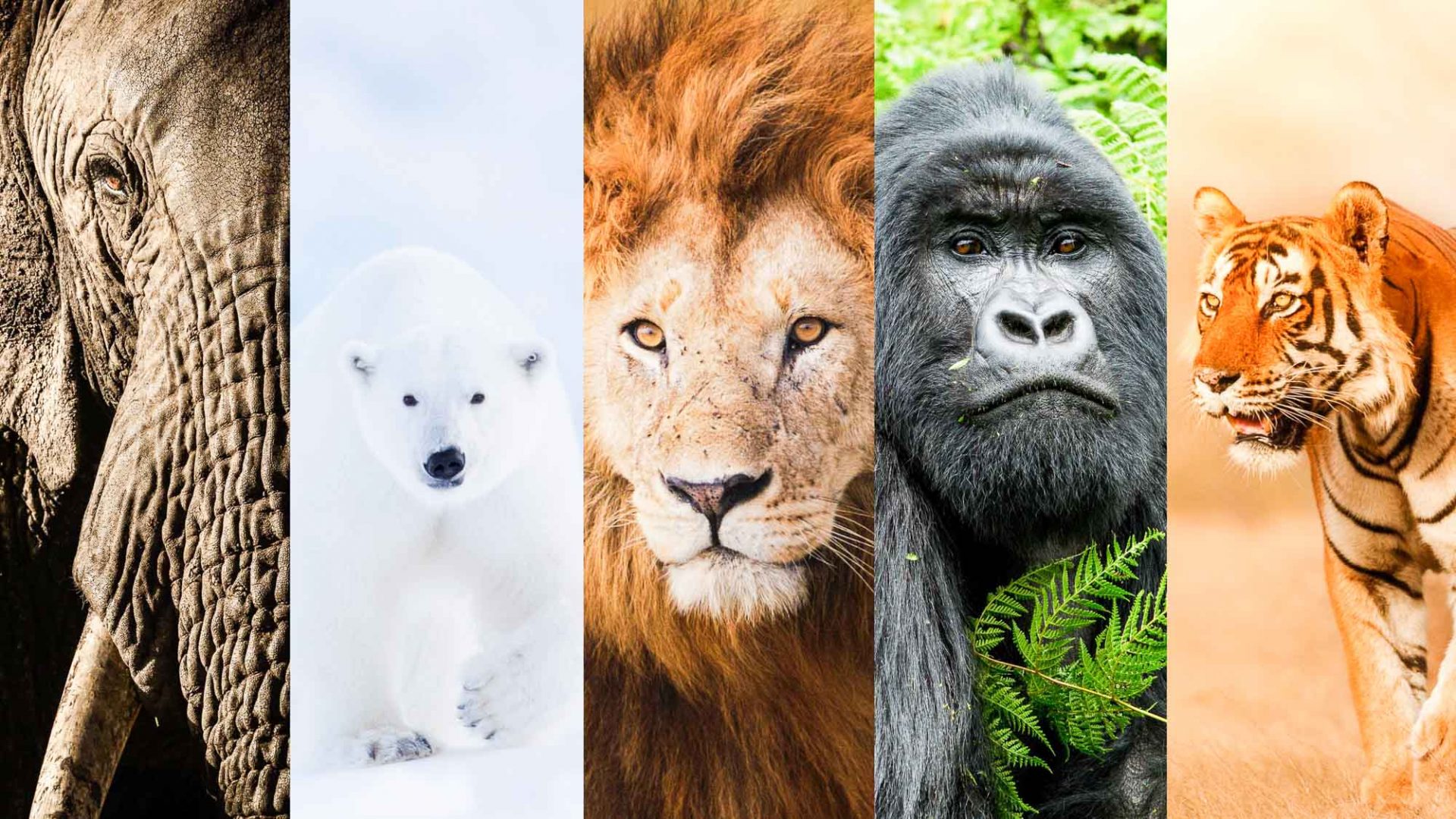The writing had been on the wall for seaweed production since the 1980s. “Two big oil-spills offshore in 1982 and 1985 and the shrimp-fishing industry had a devastating impact on the seaweed beds,” Matias tell me. “But in truth it was overharvested, and Bustamante was finished by 1995.
Returning from Buenos Aires, Matias was unsure what to make of the site, but set about renovating four sea-facing stone-and-wood cabins—in their heyday, they were the homes of the Bahia Bustamante’ management, including his grandfather.
RELATED: A Welsh colony in Patagonia? Yes. Welcome to the Welsh Wild West
His first travelers arrived in 2004, including visiting biologists from the World Conservation Society. “They told me the offshore wildlife was special so I began taking my boat out to learn about it,” says Matias. “Eventually, we proposed it as an International Bird and Biodiversity Area because there are so many migratory species. Later it became part of a marine national park”.
